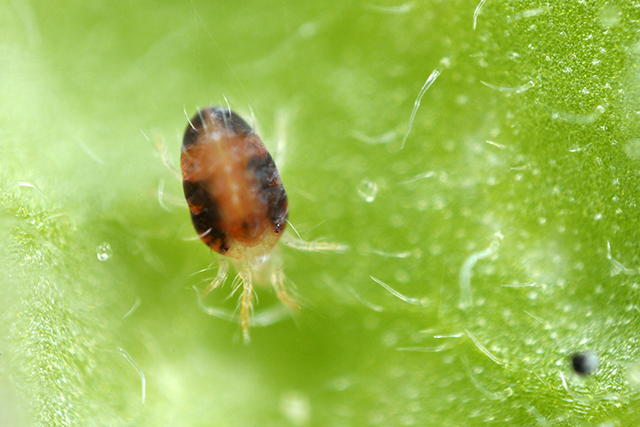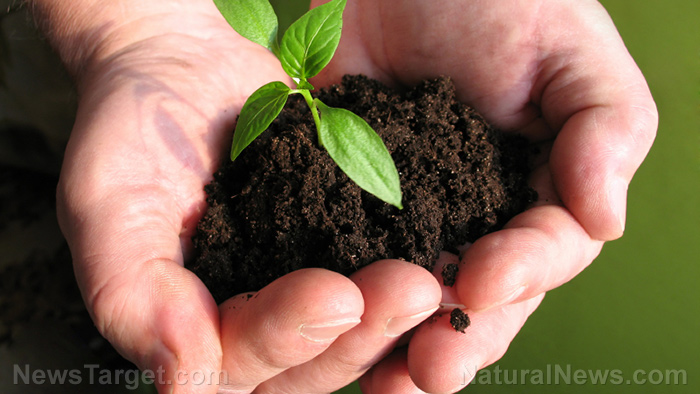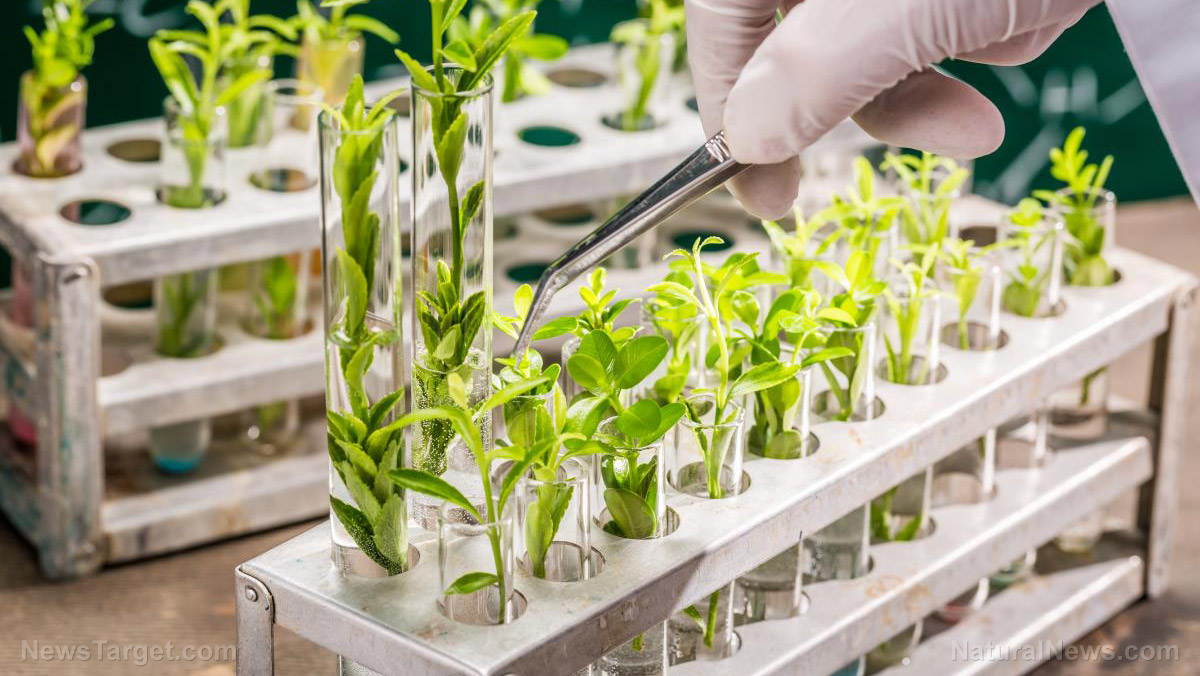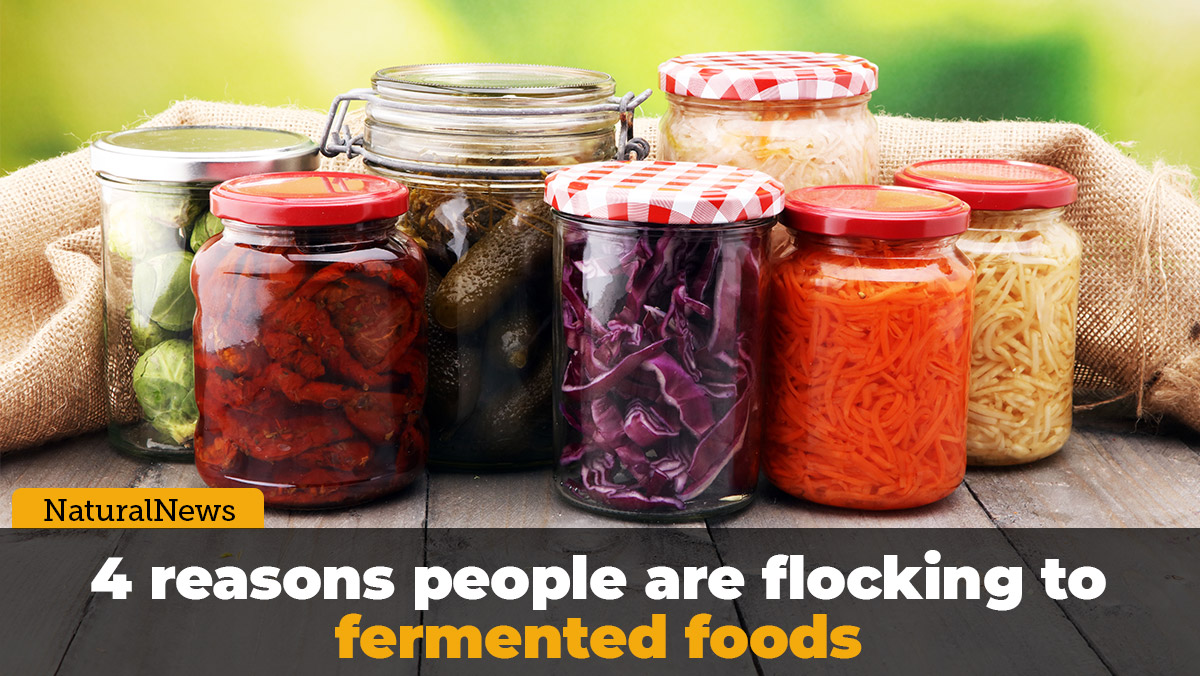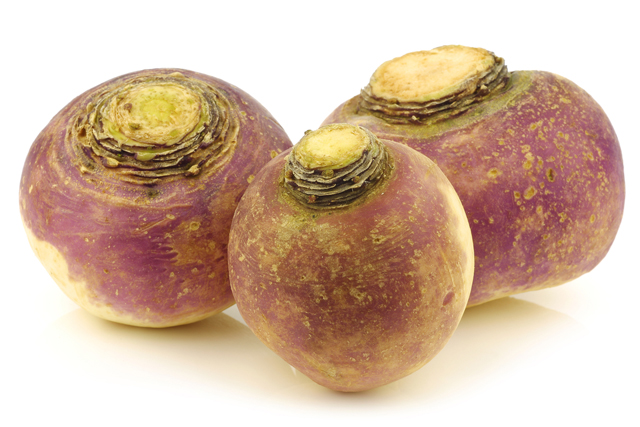We kidney not: Kidney beans are good for you
04/07/2017 / By Frances Bloomfield
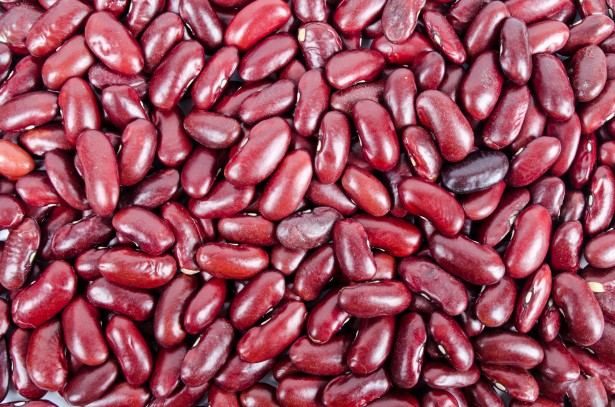
They say big things come in small packages, and the kidney bean is proof of that. More than just an important ingredient in chili con carne, this humble superfood is packed full of vitamins and minerals linked to the reduction of many diseases. Just a few kidney beans a day can keep the bad stuff at bay and here’s how.
Health “bean”-efits
From complex carbohydrates to protein to dietary fiber, the average kidney bean is full of health-boosting nutrients. The high fiber content in kidney beans not only help lower one’s blood cholesterol levels—and subsequently decrease the risk of type-2 diabetes and high blood pressure—but also promote regular stool discharge. Combine this with folate and magnesium, and you’ve got a food that can ensure better cardiovascular health just by consuming a small amount a day. According to AuthorityNutrition.com, a single tablespoon of kidney beans contains 0.7 grams of fiber, 14.3 micrograms of folate, and 4.62 milligrams of magnesium. Additionally, that one tablespoon also has 8.7 grams of protein and 2.22 milligrams of iron.
Beans in general have been shown to naturally fight a number of cancers, reduce the risk of heart disease, and are rich in antioxidants. Kidney beans are no different. RodalesOrganicLife.com claims they even one-up other legumes when it comes to omega-3 polyunsaturated fatty acids and thiamine, two nutrients that kidney beans contain in good amounts.
Kidney beans, superfoods that they are, do more than take care of you inside. They also make you look good on the outside as anti-aging and weight loss aids. The antioxidants found in kidney beans are “believed to have strong anti-aging properties and to promote longevity by limiting damage caused by free radicals,” says HealWithFood.org. If you’re more worried about your waistline than you are wrinkles, then kidney beans have got you covered. “The blood sugar stabilizing effects of kidney beans can also assist obese and overweight people in their battle against excess body fat.” HealWithFood.org goes on to add, “When the blood sugar levels are stable, less insulin is released by the pancreas. One of the tasks of insulin is to promote fat storage in the body, so keeping insulin levels low can help you achieve healthy weight loss.”
Whether you’ve always been a fervent health buff or someone who’s just committed themselves to eating healthier, you can’t go wrong with kidney beans. If you’re the latter, however, and don’t know where to start with these tiny and terrific superfoods, then worry no more.
Where to “bean”-gin
Kidney beans can be bought dried or canned. Dry beans are recommended for their lower sodium content and for their lower cost, while canned beans are ideal for those who want to save time, according to the Bean Institute. If you opt for dried kidney beans, not that they should be kept in an airtight container and will stay fresh for up to 12 months; cooked kidney beans, on the other hand, will stay fresh in a covered container within the refrigerator for 3 days.
Cooking kidney beans is a simple matter: you can cook them on the stovetop or in a pressure; but do note that you shouldn’t add seasonings while they’re still cooking as these will increase the cooking time and make the beans tough.
How you enjoy your kidney beans is entirely up to you. Use them in a pot of chili. Spread them on a tortilla with scrambled eggs to make an egg-and-bean burrito. However you choose to have them, you can just sit back and enjoy your meal knowing it’s made with kidney beans.
Sources:
Tagged Under: antioxidants, cancer, dietary fiber, folate, food, iron, kidney beans, Magnesium, nutrition, protein, weight loss






